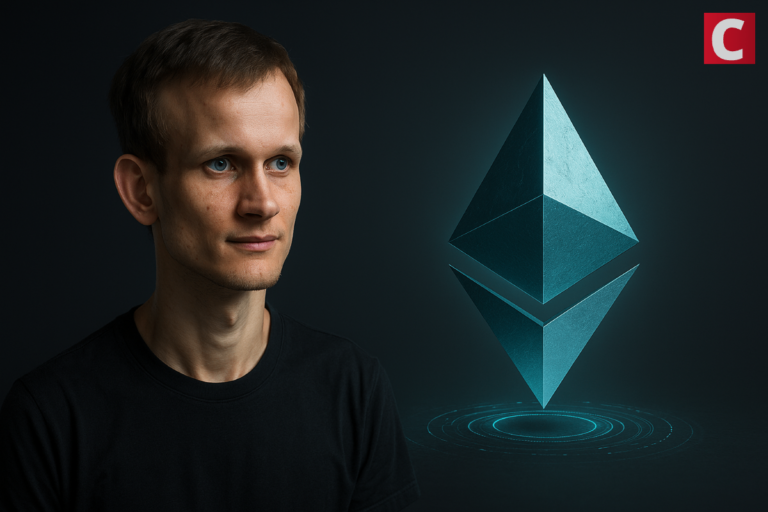Ethereum co-founder Vitalik Buterin has introduced GKR, which he described as a family of protocols for fast proving.
Ethereum co-founder Vitalik Buterin introduced the GKR protocol, which comprises innovations that facilitate very fast proof systems. He described these solutions as a family of protocols that is behind the extreme speed of many operational proving systems. Buterin focused on showing GKR implementation for proving Poseidon hashes.
GKR Is Not Zero-knowledge
Buterin started his post by acknowledging the existence of ultra-fast ZK-provers. These are ZK-EVM provers that manifest the Ethereum Layer-1 in real-time and do this with just 50 consumer GPUs.
“People proving 2 million Poseidon hashes per second on consumer laptops, and zk-ML systems proving LLM inference with increasing speed,” Buterin noted.
Here is where the GKR protocol comes in. It serves as the powerhouse of these provers. This solution is designed to enable fast ZK-EVM and zk-ML proofs. It is also optimized for computations with multiple low-degree layers and many repeated function applications, including hashing and neural networks.
Ethereum co-founder Vitalik Buterin introduced the GKR protocol, a family of protocols that enables very fast proof systems. GKR is a core protocol for fast ZK-EVM and zk-ML proofs, optimized for computations with multiple low-degree layers and many repeated function applications…
— Wu Blockchain (@WuBlockchain) October 20, 2025
All that it requires are commitments to inputs and outputs, not intermediate layers. In the long run, it ends up improving efficiency significantly. By “commitments,” Buterin was referring to putting the data into a cryptographic data structure. This could be achieved either through a KZG or a Merkle tree, as long as it allows a user to prove queries about specific things about that data.
Users must be careful not to mistake the GKR for a zero-knowledge protocol, seeing that it handles succinctness and not privacy. However, zero knowledge can still be achieved with the GKR, as all that needs to be done is to wrap the proof in a ZK-SNARK or ZK-STARK.
Ethereum Co-founder Criticizes Agentic AI
Among the many protocols that Buterin has been discussing in recent times is Artificial Intelligence (AI) models. Two months ago, he criticized the AI industry for focusing intensely on “agentic” models. In his opinion, there are too many autonomous systems, and this is not good.
He noted that systems allowing greater human input produce better and safer results, aligning with earlier comments by former Tesla AI director Andrej Karpathy. Apparently, the Ethereum co-founder is more enthusiastic towards open-weight AI models, which he claims have strong editing capabilities.
In September, he also emphasized that there is great danger attached to over-reliance on AI for governance.
next